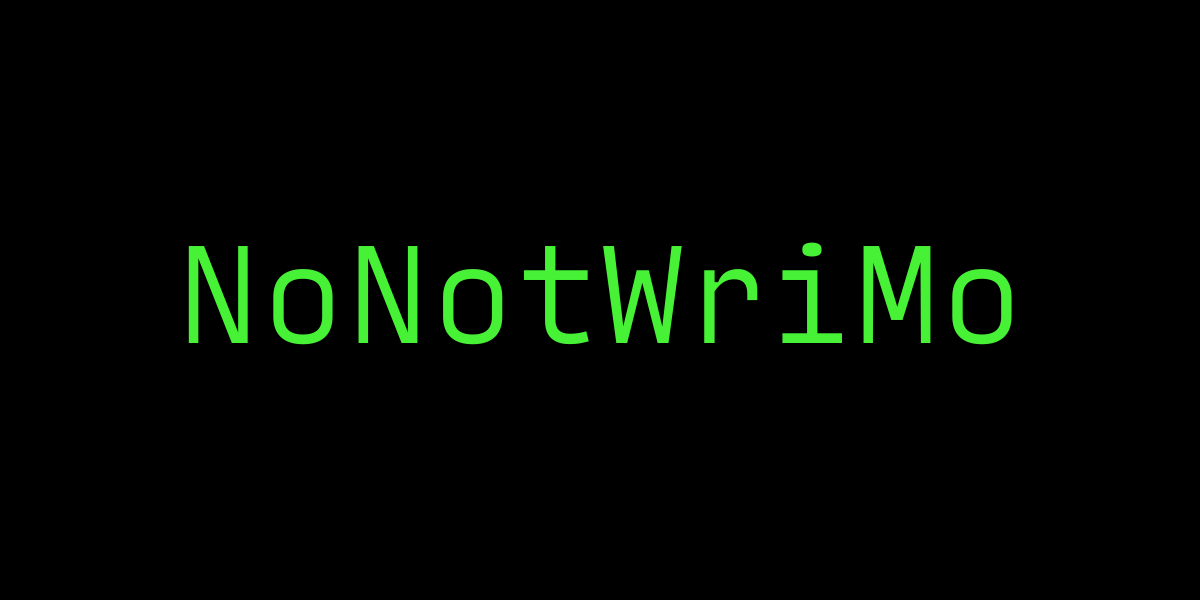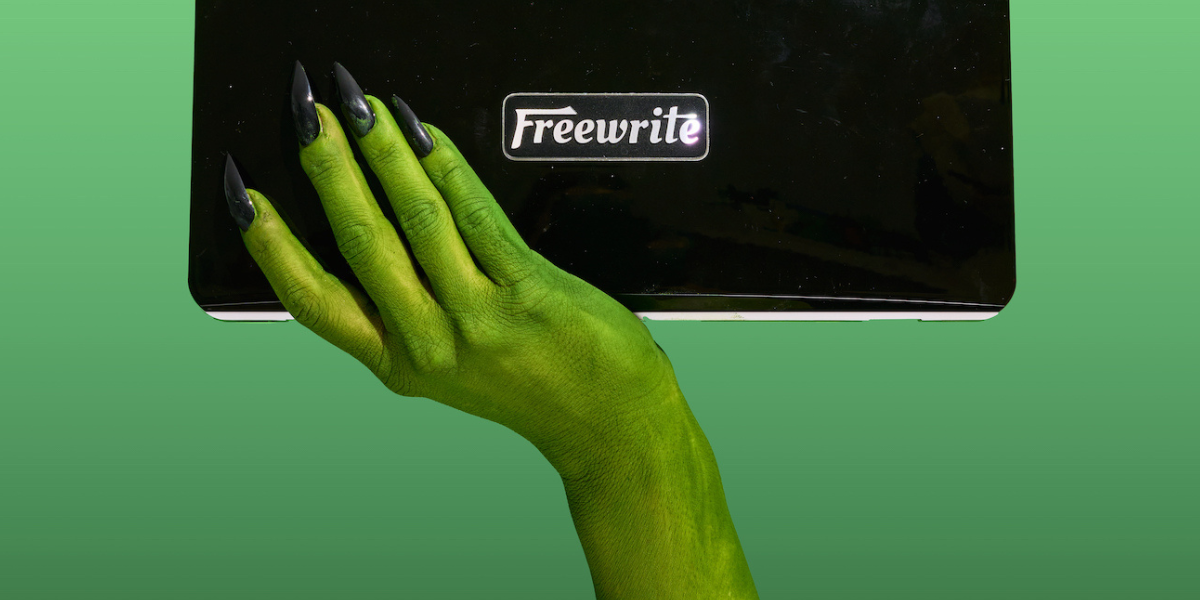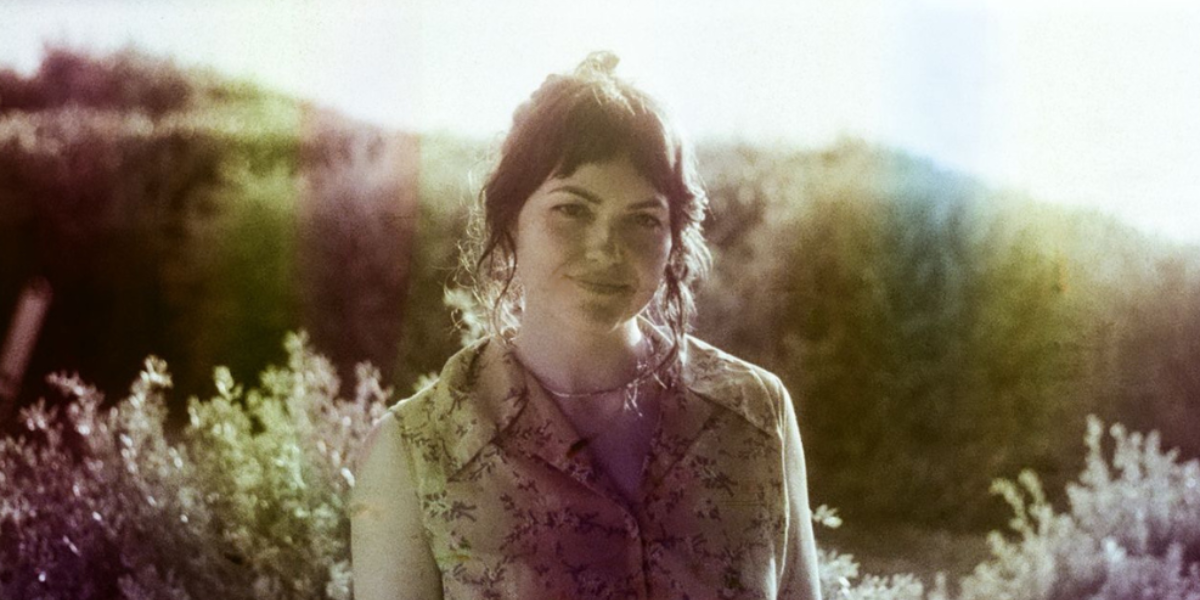Today’s guest post is by Jackie Dever, associate editor at Aionios Books, a small traditional-model publisher based in Southern California.
One afternoon a few years back, as I was rowing merrily down my stream of consciousness, a big ol’ rock appeared through the mist, rearing up so fast there wasn’t time to navigate around. My paper boat crashed and crumpled, leaving the SS Plotin a disintegrating, broken mess on the Great Story River.
In this personal test of story vs plot, the latter came out a wreck.
Even as the events leading to the story’s conclusion continued to flow past that damned rock, my unstable craft just couldn’t get around the monolith.
Reckoning with the nature of imagination can be intimidating. But half the battle is understanding the elements. Aren’t story and plot synonymous, though? Can’t we count on those items for automatic symbiosis, happily married in a thrilling rush of prose? Well…nope.
What’s the Difference Between Story and Plot?
A story is the requisite timeline of events present in any narrative. No story? No novel. Because any novel, however abstract must report events of some kind.
A plot expresses rationale and informs the reader why a specific list of events belongs together, what the timeline is ultimately meant to communicate.
The classic example by E. M. Forster in his collected lectures, Aspects of the Novel, still says it best:
“‘The king died and then the queen died’ is a story. ‘The king died, and then the queen died of grief’ is a plot.”
When reading a story, Forster explains, we wonder “and then?” When evaluating a plot, we ask “why?”
 (Paweł Furman)
(Paweł Furman)
These questions sometimes fire up in the same breath, so understanding their separate sources is tricky. But as naturally as the components may appear to support each other, it’s really an author’s skill that makes them seem that way. Which means that whenever I or you or Stephen King sit down to write, we’ve got to manage both. We’ve got to keep readers engrossed in a pattern of wonderful wondering about what next? and why? for as long as we want their attention.
How Plot Supports Story
Nobody wants to keep asking infinitely “and then? And then? Annnnd thennn?” We’re nosy creatures; we need to know why. Unfortunately, when plot is missing from or accidentally discordant to story, the real question on a reader’s mind is “huh?”
Plot delivers the nifty tricks that reassure us there’s a point to storytelling. Plot sets up the cause and effect that gives readers a sense of rightness in the story’s conclusion.
The same story can be plotted in multiple ways:
The king died, and then the queen died avenging him in battle.
The king died, and then the queen died from the communicable disease he had spread to her when he spoke his final words close to her face.
The king died, and then the queen, eager to free the lover whom the king had jealously locked in the dungeon, slipped on an icy cobblestone and died.
How Where You Begin Helps Determine Where You’ll End Up
On each new fiction project, I draw broad inspiration from either a story-focused or a plot-focused angle. Both starting points have their benefits and their challenges.
Starting with Story
When a story inspires me, I formulate a series of events that leads to a fixed conclusion. I may not know precisely my characters’ motivations or the logic in their decisions, but I can envision the stops they’ll make along their trip. In other words, I’ll know that the queen’s death follows the king’s. The relationship between the events? To be determined.
It can be a big relief to sort story out first. When I have the comfort of parameters, I can train myself to a tangible goal. And I enjoy the intellectual exercise of connecting events in a believable sequence.
Still, there’s always a catch. Even with an endpoint clear to me, I need strong supporting evidence (i.e., an effective plot) to justify my events.
A few years ago, I decided to write a story about a man who sells a cottage on the beach for the sum of one penny. I savored each of the scenes I created, but in the end, I had only a weakly conceived fairy tale. The imaginative verve delighted me, but no matter how I maneuvered, I was unable to match the plot to the currents of the story. Wipeout.
Starting with Plot
When a plot stirs my creative juices, I know characters’ feelings and intentions. I take on my writing like a righteous but undirected college kid—searching, motivated, assured of core values and reasons, but clueless as to where the hell I’m going to end up. I’m less concerned, in fact, with where I end up than with why I end up there, so the itinerary is subject to change. Not all who wander are lost.
I enjoy making narrative progress along such an organic route. Plotting my way into a story lets me be guided by emotional responses, not by a sightseer’s list of stops. I careen over waterfalls on the strength of my anger, hilarity, or wild joy. And when that passionate feeling is synchronized with the story, I praise my muses and trust the currents.
But when I let emotional connections alone be my guide, I begin to wish I’d made some reservations or at least studied the map before heading out. It always sounds noble to speed off for adventure, rely on instincts to take me where I need to be. The reality hits only once I’m shivering in the rain and have no idea where I can pull ashore for the evening. Although too much predictability is stifling, it’s frustrating to lose my mental compass entirely.
There’s No Wrong Way to Start
It’s hard to classify any real-life creative burst quite as strictly as I’ve done above. Flashes of both elements are usually blended in that aha! moment. But understanding the elements of each—and how they affect the writing process—is always what prepares me for the excursion ahead. Will I need to focus extensively on my characters’ whys and wherefores to guide my plot? Or will I do better to ensure that their motivations can be satisfied by the events I allow them to experience?
We all write differently. As we commit to our writing practice, patterns emerge in our process and style. I happen to be a story-focused writer. Moving the plot from one moment to the next, validating my story with a logical core, is my primary struggle.
 (Toa Heftiba)
(Toa Heftiba)
Whatever our personal tendencies, though, recognizing the connected-yet-distinctive elements reminds us all that we can, if necessary, experiment. You may attempt to match several stories with an intriguing plot before everything falls in place. Or you may decide to remain patient with a great story whose plot lacks the sturdiness to carry you through, search the banks of the river for a new entry point, a more fitting course.
It’s okay to take apart and rearrange, to radically transplant ideas. That constant reconfiguration is the source of diverse and sparkling literature, even as the same themes repeat themselves through the ages. The love and the death, the surprise, the resignation, the magic. None of these will ever grow trite when there’s such a big world to experience and so many ways to communicate the timeless ideas.
I’ll approach the many crisscrossed rivers of my fiction from a thousand angles, strapping on mechanical wings for an aerial perspective or poking down a parallel back road in a coughing Model T. Wherever (and however) we roam, may we all learn to appreciate the view.
We'd love to hear your thoughts of the differences in the comments!
 Jackie Dever is an editor and writer in Southern California. She has edited blogs, corporate materials, academic texts, novels, and biographies. She is an associate editor at Aionios Books, a small traditional-model publisher based in Southern California. She recently finished proofreading the 2017 San Diego Book Award–winning memoir A Few Minor Adjustments (September 2017) by Cherie Kephart. She blogs about writing and publishing, millennial lifestyle trends, and outdoor sports.
Jackie Dever is an editor and writer in Southern California. She has edited blogs, corporate materials, academic texts, novels, and biographies. She is an associate editor at Aionios Books, a small traditional-model publisher based in Southern California. She recently finished proofreading the 2017 San Diego Book Award–winning memoir A Few Minor Adjustments (September 2017) by Cherie Kephart. She blogs about writing and publishing, millennial lifestyle trends, and outdoor sports.
















 (
( (
(







